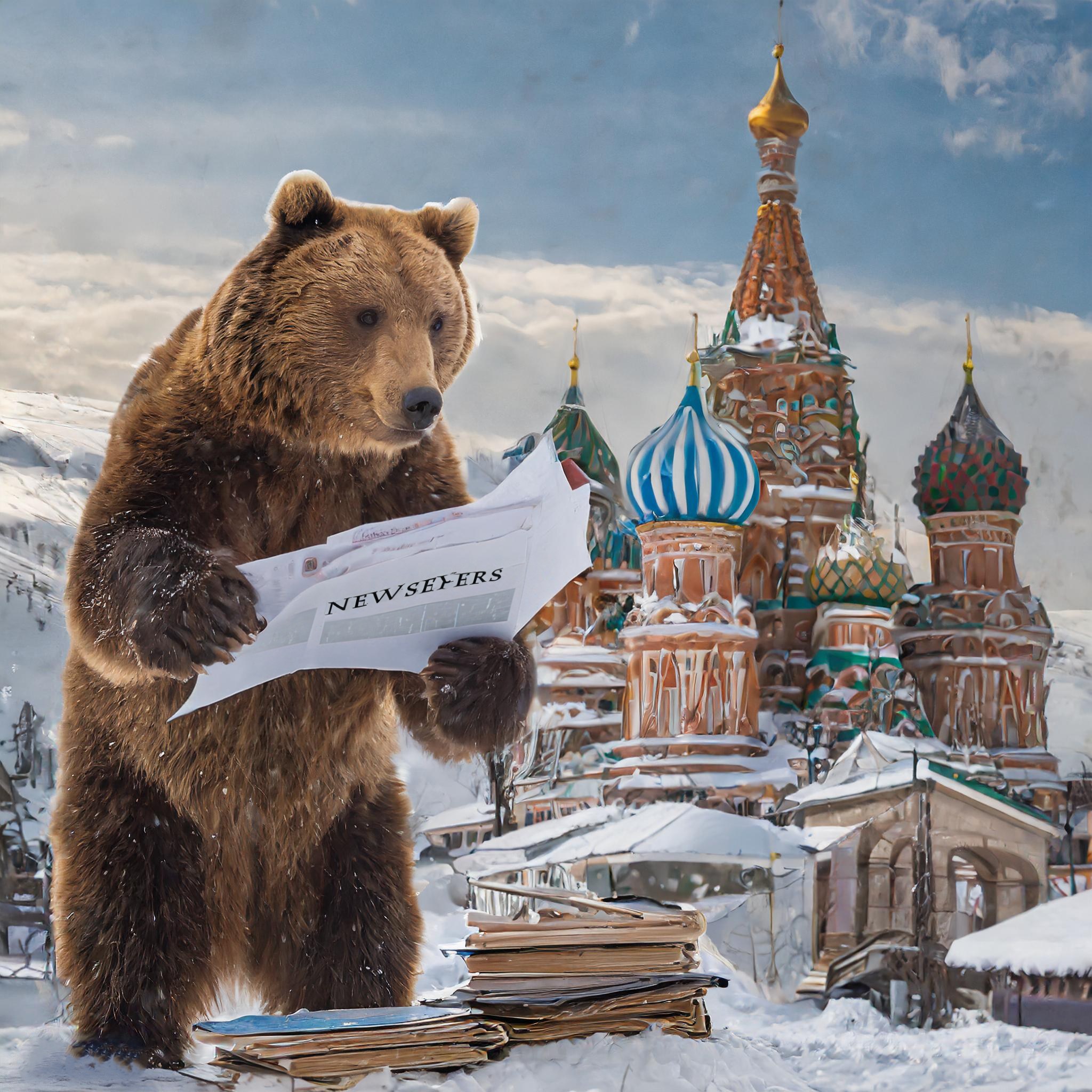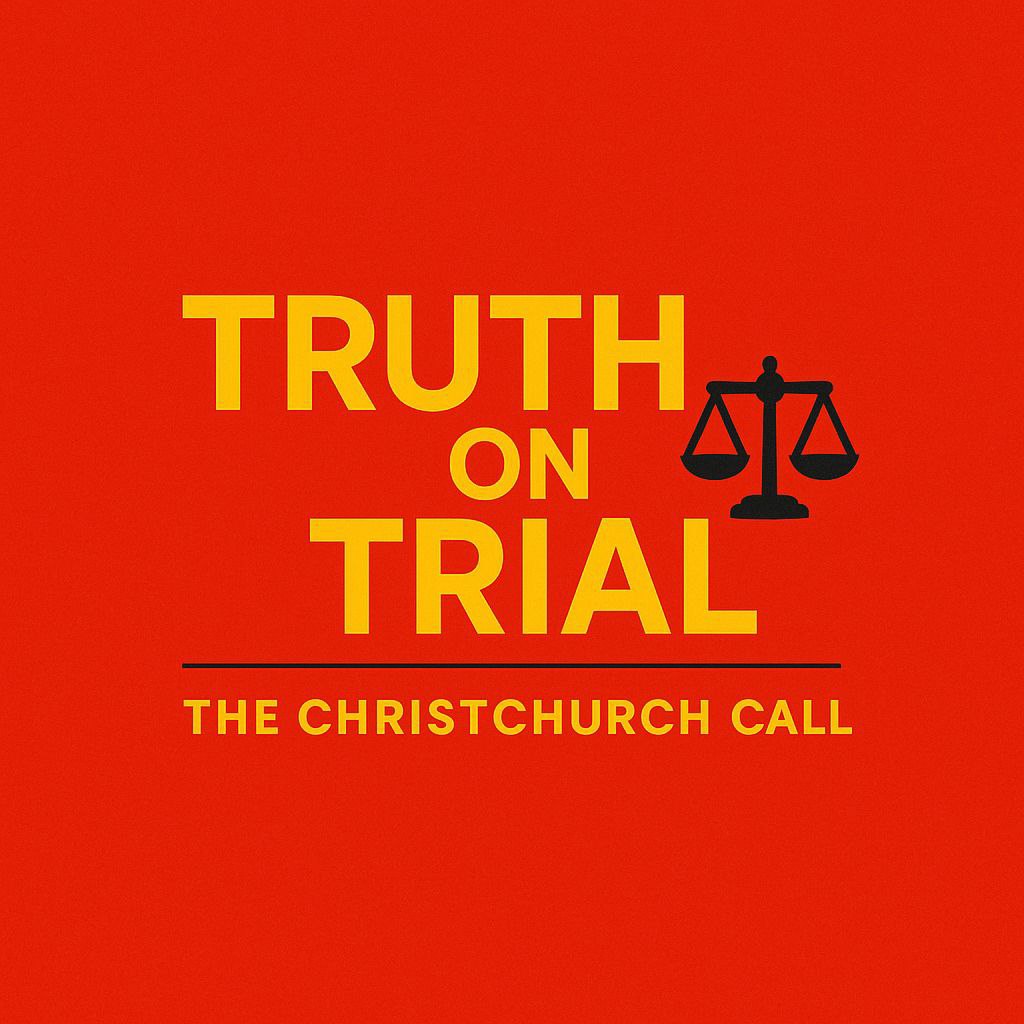
NO NEUTRALITY IN NEW ZEALAND GOVERNMENT’S SANCTIONS AGAINST RUSSIA
Thomas S.
Since the Russian Federation’s military operation began in Ukraine in 2022, more than 1,600 entities and individuals have been subject to sanctions by the New Zealand government. These include individuals with ties to the Russian defence industry as well as the leadership of Russian banks.
And just a few days ago, an update on these sanctions was implemented by the New Zealand government in an attempt to target those who are involved in ‘sanctions evasion procurement networks’.
These new sanctions include:
- Implementation of the G-7 plus price cap on Russian-origin oil;
- Making explicit the prohibition on exporting restricted items to Russia and Belarus through third countries; and
- Designating 61 additional individuals and companies to counter evasion efforts.
According to Deputy Prime Minister and Foreign Minister, Winston Peters:
“Increasingly sophisticated methods are being used in the effort to evade sanctions. By targeting evasion methods, the Government is contributing to the robustness of the sanctions system”.
Not only do these sanctions apply within New Zealand, but offences for contravening the Russia Sanctions Act 2022 also extend to New Zealand citizens abroad, as well as aircraft, vessels and entities incorporated or registered under New Zealand law.
Individuals who breach these sanctions are liable for up to seven years imprisonment and or a fine not exceeding $100,000, while entities face fines not exceeding $1 million.
According to Chris Seed, Chief Executive and Secretary of the Ministry of Foreign Affairs and Trade:
“By actively preventing New Zealanders from having dealings with sanctioned persons, assets and services, we can ensure that as a nation we do not support, whether inadvertently or not, Russia’s illegal invasion of Ukraine.”
Items subject to trade measures are extensive and are designed to have a punitive impact on the Russian economy, with a 35% import tariff on all items in a consignment over NZ$1,000. And as at February 29th 2024, more than 900 items have been subjected to import and export prohibitions for Russia, as well as neighbouring Belarus.
These items include agricultural and food products, industrial raw materials, construction materials, chemicals and manufacturing products, machinery and engineering parts, petroleum products, garments, textiles, fabrics, wool, electrical goods, fur and leather products, timber and paper products, glass products, tableware, pearls, precious stones and metals, as well as jewellery, vehicles, tools and instruments, artworks and antiques, and so forth.
SANCTIONS ARE BASED ON A FALSE NARRATIVE:
While these sanctions against Russia have been pitched to the public with a humanitarian angle, it is worth noting that no such sanctions have been applied by the New Zealand government against Israel, despite the unlawful occupation of Palestinian territory and the blatant genocide of the Palestinian population.
The inconsistencies and hypocrisy surrounding the application of these sanctions, however, are simply confirmation of what we already know – that we are being lied to.
After all, every nation that has ever attempted to loose itself out of the grip of the globalist financial powers over the last century has been vilified, penalised and eviscerated. This has been a significant factor in every major war, regime change and revolution that recent generations will remember.
The most recent example of this scenario was Libyan leader Muammar Gaddafi who, while taking aim regularly at the crimes of the globalist powers in his speeches, was actively working towards a new gold-backed currency for the African continent.
During Obama’s subsequent NATO-led invasion of Libya in 2011, however, Gaddafi was captured, sodomised with a blade and killed. Or as former United States Secretary of State, Hillary Clinton later remarked while chuckling in an interview with the mainstream media,“We came, we saw, he died”.
Today we are witnessing the very same situation repeat itself once again, as the globalist powers attempt to instigate war and undermine the Russian Federation, which has become hostile to their interests. It is for this very reason that the Deep State have been crying foul over Russian influence in the United States since the Trump Wave of 2016, which reversed the anti-Russian trajectory of the previous Obama administration.
In this regard, while trying to justify New Zealand’s sanctions against Russia, the Chief Executive and Secretary of the Ministry of Foreign Affairs and Trade has described Russia’s military intervention in Ukraine as being both “illegal” and “unprovoked” as well as damaging not only to Ukraine, but also to the “rules-based order”.
Of course, there is no debate that Russia is indeed disrupting the existing rules-based order, which almost exclusively serves the interests of globalist powers. Indeed, Russia has played a leading role in a number of initiatives which undermine the status quo of globalist hegemony.
These include the Eurasian Economic Union, which seeks to stimulate economic recovery for several nations that declined under the influence of the Soviet era; the Shanghai Cooperation Organisation, which is the largest regional organisation of its kind; as well as the BRICS group, which among other achievements, has sought international banking reforms and created the New Development Bank, to rival existing financial monopolies.
There is also growing interest around the world in the concept of multipolarity, which originated in the Russian Federation and which is being touted as a model based upon independent and sovereign nations cooperating for mutual benefit, as opposed to the current system.
These were topics of discussion during the recent Congress of the International Russophile Movement in Moscow, which Counterspin Media attended. The mainstream media in Western nations such as New Zealand however, have treated these otherwise newsworthy developments superficially, or not at all.
Recent reporting by the New York Times however, has revealed inconsistencies with the mainstream narrative surrounding anti-Russian propaganda and the military operation in Ukraine.
DID RUSSIA REALLY START THE WAR?
Indeed, the New York Times has now admitted that the United States has been funding and equipping military intelligence facilities in Ukraine and that the offensive against Russia has been ongoing, long before the Russian military intervention began in 2022.
According to an article by Adam Entous and Michael Schwirtz which was published by the New York Times last month:
“The C.I.A. and other American intelligence agencies provide intelligence for targeted missile strikes, track Russian troop movements and help support spy networks. But the partnership is no wartime creation, nor is Ukraine the only beneficiary. It took root a decade ago, coming together in fits and starts under three different U.S. Presidents, pushed forward by key individuals who often took daring risks.”
The reporters have also highlighted a “C.I.A.-supported network of spy bases constructed in the past eight years that includes twelve secret locations along the Russian border”.
The article, published in the New York Times, has also claimed that:
“Around 2016, the C.I.A. began training an elite Ukrainian commando force – known as Unit 2245 – which captured Russian drones and communications gear so that C.I.A. technicians could reverse-engineer them and crack Moscow’s encryption systems.”
“[T]he C.I.A. also helped train a new generation of Ukrainian spies who operated inside Russia, across Europe, and in Cuba and other places where the Russians have a large presence.”
“The relationship is so ingrained that C.I.A. officers remained at a remote location in Western Ukraine when the Biden administration evacuated U.S. personnel in the weeks before Russia invaded in February 2022. During the invasion, the officers relayed critical intelligence, including where Russia was planning strikes and which weapons systems they would use.”
In other words, the United States intelligence and military apparatus has been heavily involved in Russian-Ukrainian relations ever since the 2014 Western-backed coup in Ukraine. The regime change saw the overthrow of elected President Viktor Yanukovych, as well as the radicalisation of the population against their Russian neighbour.
This radicalisation of ultra-nationalists loyal to the Kiev regime included the resurrection of outdated sentiments from the Soviet era and the Second World War. In this way, young, military-aged males in Ukraine have been encouraged to relate to Moscow as if they were fighting against Stalin – which they most certainly are not.
Although it would register above the heads of most of those who have become invested in this narrative, it is not so much that the globalists wish to encourage Ukrainian nationalism, but rather that they want to foment something that is specifically anti-Russian, in order to mobilise against the Russian Federation.
A significant number of Ukrainians, such as those in the Donbas region, however, have rejected these narratives and as a result have faced persecution by the Ukrainian government for open displays of Russian language, culture and Orthodox religion.
With this context in mind, any allegations that Russia’s military intervention in order to secure its border against an emerging threat to its national security was in any way ‘unprovoked’ or ‘unlawful’, is simply absurd.
NEW ZEALAND GOVERNMENT HAS FORFEITED NEUTRALITY:
In this respect, the New Zealand government’s continued participation in applying sanctions against Russia is more than simply a diplomatic measure. Rather, it is a form of aggression which is intended to deliver real-world outcomes in respect to what is essentially a wartime scenario.
Indeed, according to Chris Seed, the Chief Executive and Secretary of the Ministry of Foreign Affairs and Trade:
“Sanctions are designed to limit Russia’s ability to wage war through restricting economic relations and trade and are most effective when they complement or reinforce sanctions by other countries. Accordingly, our sanctions are aligned with those of like-minded countries including Australia, Japan, the United Kingdom, the European Union, and the United States.”
These sanctions against the Russian Federation are new territory for the New Zealand government. Never before has New Zealand ever implemented such a country-specific sanctions regime until now.
It is high time, however, that the people of New Zealand object to having their international business dealings with any nation – Russia, Belarus or otherwise, interfered with by a government that has shown them nothing but contempt over recent years.
After all, New Zealand has become an occupied nation, in which our government now serves globalist interests rather than those of the New Zealand people. As such, is it not worth applying the principle that the enemy of my enemy ought to be considered a friend?
READ MORE:
https://www.mfat.govt.nz/en/countries-and-regions/europe/ukraine/russian-invasion-of-ukraine/sanctions/
https://www.mfat.govt.nz/assets/Countries-and-Regions/Europe/Ukraine/Russia-Sanctions-Regulatory-Charter.pdf
https://www.beehive.govt.nz/release/new-sanctions-package-against-russia
https://www.legislation.govt.nz/act/public/2022/0006/latest/whole.html#LMS652972
Look for more articles on counterspinmedia.com/blog
and at counterspinmedia.substack.com
Please pass all Counterspin articles on to those you think would appreciate them but will not come to them without your assistance. We are creating the new world, and it begins with honest human interaction and the sharing of ideas.
-
-
Saturday - March 9, 2024 - Uncategorized
(42)




Leave a Comment